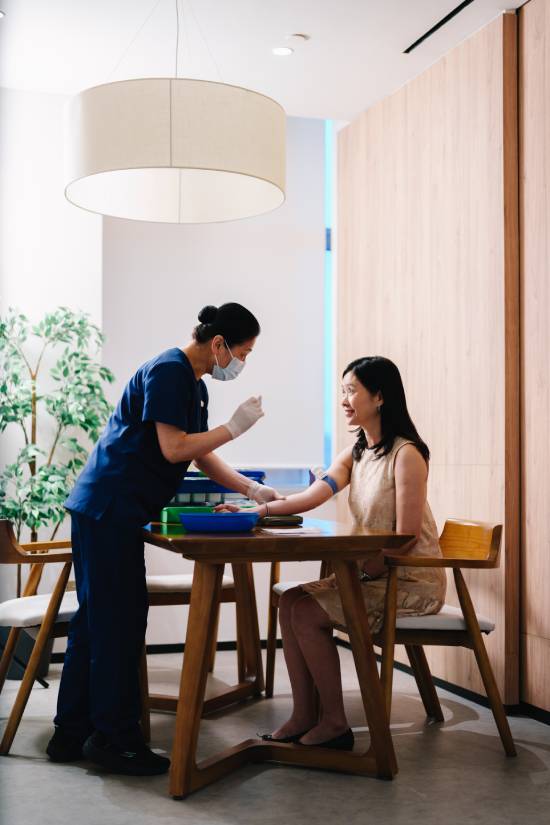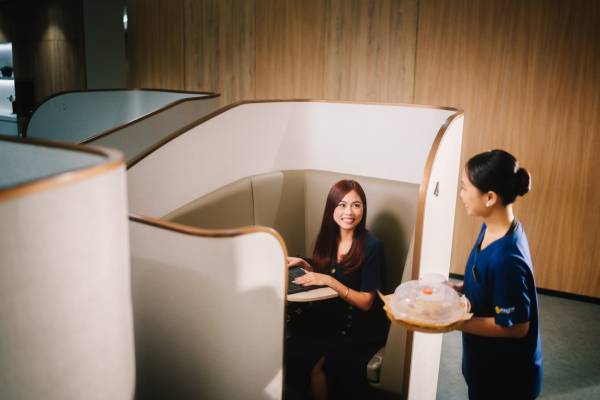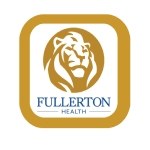
In Singapore’s fast-paced society, many of us push our health to the backseat — juggling work, family, and everything in between. And if you’re not in pain, don’t feel tired, and haven’t seen the inside of a hospital in years, the idea of getting a health screening might seem unnecessary.
So, when someone brings up health screening — that ritual of fasting blood tests, urine samples, and sitting in a clinic flipping through magazines — your first reaction might be:
“But I feel fine.”
It’s a response that we hear often. And it’s a fair one. No one enjoys being poked, prodded, or told what to worry about. But the truth is, many of the most serious conditions we see start long before people feel a single thing.
The Case for Testing When Nothing Feels Wrong
Some of the most common chronic health conditions such as high blood pressure, high cholesterol, and early-stage diabetes often develop silently, without obvious symptoms. But even when signs are present, we brush them off and chalk them up to circumstances.
“More often than not, we don’t pay attention to our health. We may downplay our symptoms,” says Dr Marcus Lee, a Family Physician and Designated Workplace Doctor at Fullerton Health. “Chronic headaches and giddiness are often attributed to fatigue or stress when they could be symptoms of chronic conditions that only come to light during a health screening.”
It’s not uncommon for individuals to appear outwardly healthy while underlying health risks are already taking shape. These conditions may go unnoticed for years unless uncovered through routine testing.
Screenings work best precisely during that window — before symptoms appear, when the opportunity for early intervention is greatest. It’s not unusual for patients to be diagnosed with high blood pressure or early diabetes during a routine screening, often with no prior warning. By the time they feel anything is wrong, they may already be dealing with complications.
Lifestyle changes, monitoring, or preventive treatment can then be introduced at a stage where outcomes are more manageable, and long-term health can be protected.
Early-Stage Cancer Often Shows No Symptoms — That’s the Risk
While health screenings are commonly associated with chronic conditions like high blood pressure or diabetes, cancer detection is an equally critical reason not to skip your regular check-up, especially after age 40.
Many people associate cancer with pain, lumps, or fatigue — something obvious. But some of the most treatable cancers develop silently. By the time symptoms appear, the disease may already be advanced.
In many cases, these cancers present no signs until they have progressed.
Colorectal cancer, for instance, often begins with no symptoms but can be identified through a simple FIT test or colonoscopy. Cervical cancer develops slowly and is detectable in its pre-cancerous stages through pap smears or HPV tests. Breast cancer is likewise far more manageable when caught early via mammogram.
Despite these options, many people delay screening because of fear, or they assume feeling healthy means being healthy. Unfortunately, that delay often removes the chance to address the issue early, when treatment tends to be shorter, less invasive, and more effective.
Ultimately, cancer screenings are not about assuming the worst, they’re about knowing where you stand, and making informed decisions about your health while all options are still on the table.
Health Screenings Aren’t Just for the Older Crowd
There’s a persistent misconception that health screenings are only necessary after age 50. In reality, health risks can emerge much earlier, especially with today’s high-pressure, digitally connected, and sleep-deprived lifestyles.
“Due to sedentary lifestyles and indulgent diets, younger patients are increasingly at risk of developing chronic illness,” says Dr Roland Xu, Head of Clinical Strategy and Partnership at Fullerton Health. “Some patients think they have youth on their side, so it’s important to educate them on the risk of chronic diseases, and how they can develop later in life, even if no symptoms are present now.”
Personal and family medical history also play a significant role. Someone in their 30s with a genetic predisposition to diabetes or cardiovascular disease could face elevated risk much earlier than expected.
Screenings in these age groups are not about over-testing, but about benchmarking your health, catching early warning signs, and making timely, informed decisions that prevent complications down the line.

Knowing Your Numbers = Taking Control
Health screenings aren’t just about identifying illness; they also offer a valuable snapshot of your health where it stands. Tracking your metrics, such as cholesterol levels, blood sugar, or BMI, helps you understand what’s trending in the right (or wrong) direction.
Often, this data — clear, personal, and measurable — motivates people to take action. Lifestyle tweaks like improving your diet, exercising more consistently, or managing stress become easier when grounded in real numbers and context.
That’s why Fullerton Health’s reports are designed to provide more than just test results. They help patients see how their health compares to average benchmarks, how it has changed over time, and what next steps would make the most impact.
Preventive care isn’t about passively waiting for problems to arise. It’s about giving individuals the clarity and confidence to make proactive choices.
“Patients are increasingly well-informed and well-read about their conditions,” adds Dr Roland Xu. “This allows patients to take ownership of their health and be involved in drafting their individual care plans.”
Screening Fatigue Is Real — And Understandable
Still, the decision to go for a screening can feel overwhelming. A quick search online brings up an overload of packages — Bronze, Silver, Executive, Deluxe — each offering different tests, prices, and promises.
This leads to confusion, and for many, inaction.
There’s package fatigue. And not every screening is necessary for every person. What matters is finding one tailored to your life stage, medical history, and health goals. Someone in their 30s may only need basic metabolic checks, while someone over 50 should consider cancer screening as part of their routine.
The Best Time to Screen Is Before You Think You Need It
Preventive health screening is not about assuming the worst. It’s about staying informed, reducing uncertainty, and making smart, proactive decisions, while all your options are still on the table.
If you’ve been meaning to go for a check-up but keep putting it off — waiting for a better time, fewer commitments, or a reason to go — consider this: The best time to screen isn’t when you feel unwell. It’s when you feel fine.
Explore Fullerton Health’s range of preventive screening packages, tailored by age, risk factors, and lifestyle, and take the next step toward clarity, control, and long-term well-being.





